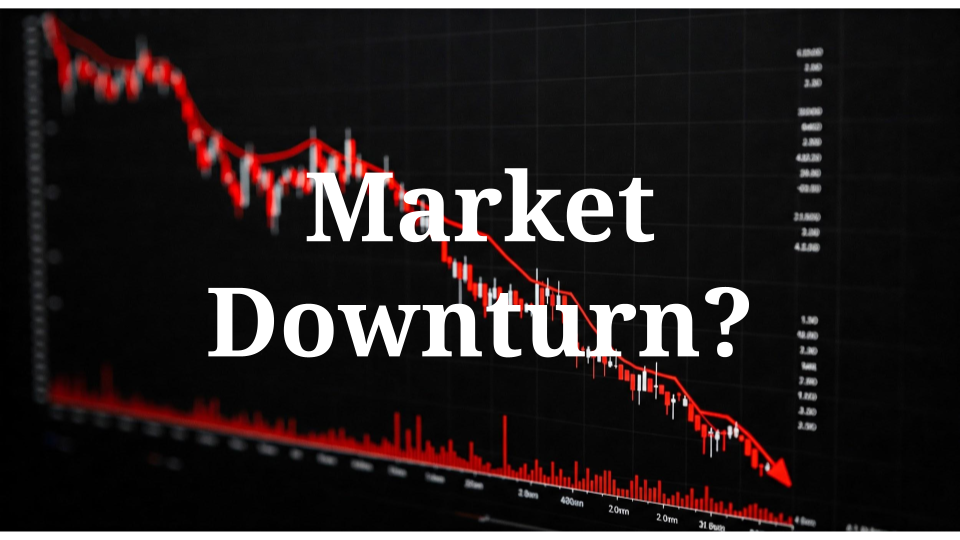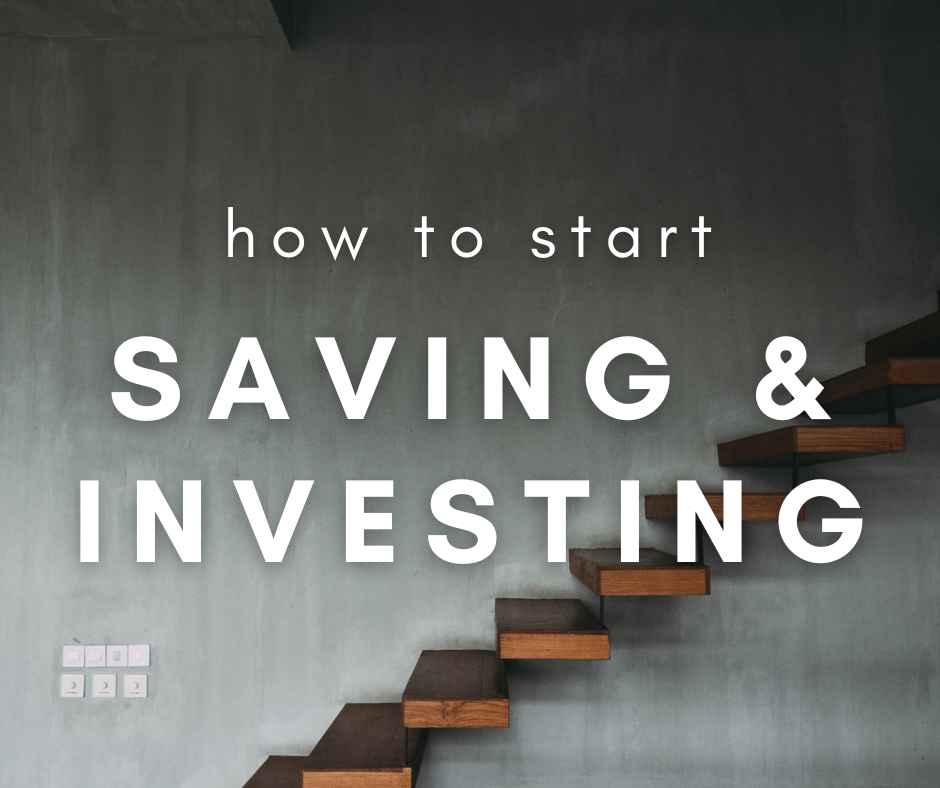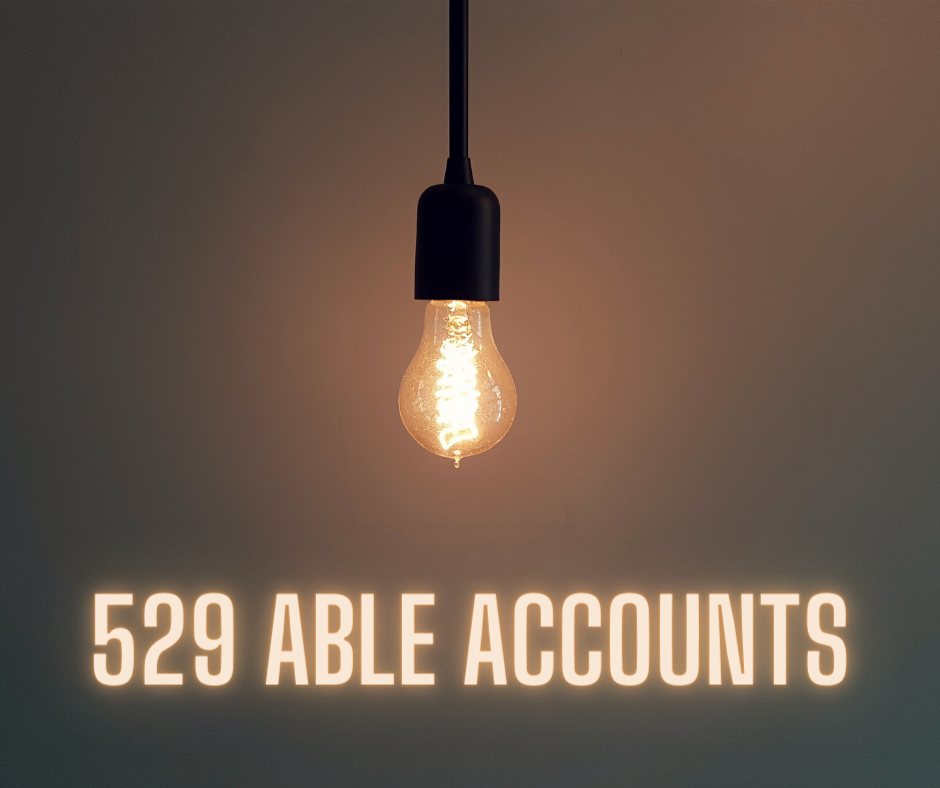1. Suitable Asset Allocation Using Broadly Diversified Funds/ETFs Value: >0.00%
Asset allocation is the percentage of investments you have in stocks, bonds, cash, and alternative investments. Factors to help determine your asset allocation are your risk tolerance, risk capacity, and the goals you have for that particular sum of money. Having the right mix of investments for your specific situation and goals is very important. Vanguard found this value add to be significant but stated it was too unique to quantify.
2. Cost-Effective Implementation (expense ratios) Value: 0.30%
After determining your asset allocation, the next step would be to decide what investments to invest in. One thing that you have a lot of control over is how much you pay to be invested in the stock market. The difference between the returns you achieve and the cost you pay is your net return. Vanguard recommends keeping your expense ratios low, and I agree. A high expense ratio for a fund could be greater than 1% whereas a low-cost index fund could be as low as 0.04%. Vanguard found this value add to be 0.30%.
3. Rebalancing Value: 0.14%
Your asset allocation can drift over time. Let’s say you originally invested 80% in stocks and 20% in bonds. One year later if stocks perform better than bonds, you might now be 90% stocks and 10% bonds. If you want to control your risk and stick within your risk tolerance, then rebalancing back to the original 80% stocks and 20% bonds may make sense for you. Rebalancing can also help you buy low and sell high. It forces you to buy the investment that underperformed and sell the investment that overperformed. This is easier said than done. If you had an investment that did really well, emotionally you may not want to sell some of it and buy the investment that underperformed. A financial advisor could do this automatically for you. Vanguard found this value add to be 0.14%.
4. Behavioral Coaching Value: 0.00%-2.00%
As human beings, we all have emotions. During periods of market volatility and downturns, having an advisor to help prevent you from changing your investment strategy could be very valuable. When COVID initially started, the market took a huge dive as the economy shut down. I know a few people who sold completely out of the stock market because of fear. Then when the market recovered they missed out on the huge gains that followed. They let their emotions get the best of them and ended up locking in their losses by selling. If they would have had an advisor to help them stick to a financial plan they might be in a better position today. Vanguard found this value add to be 0.00%-2.00%.
5. Asset Location Value: 0.00%-0.60%







































